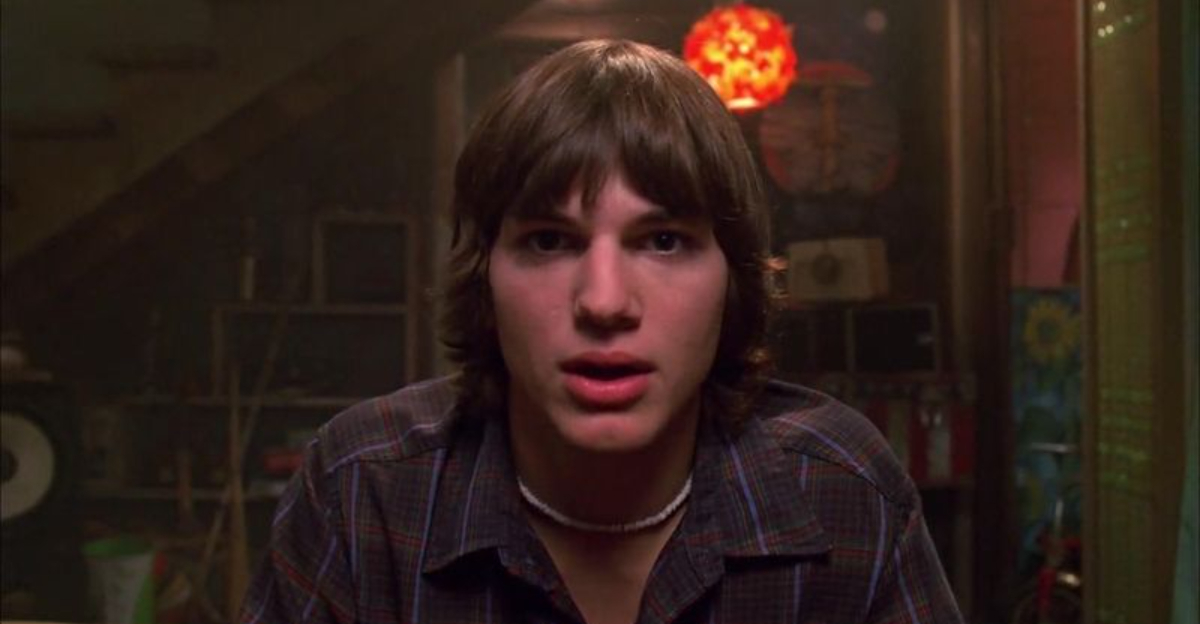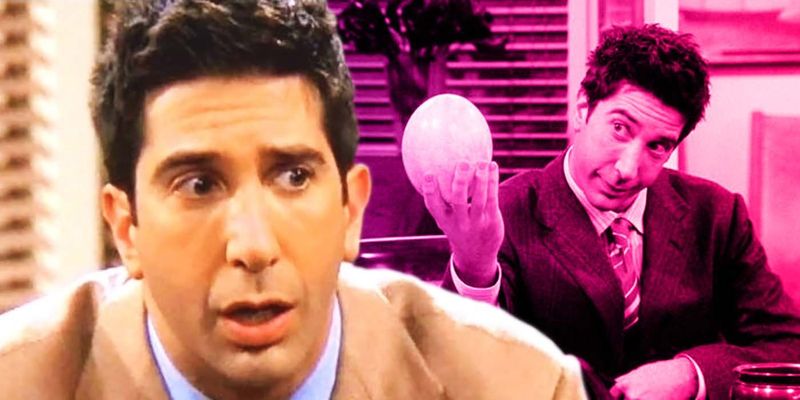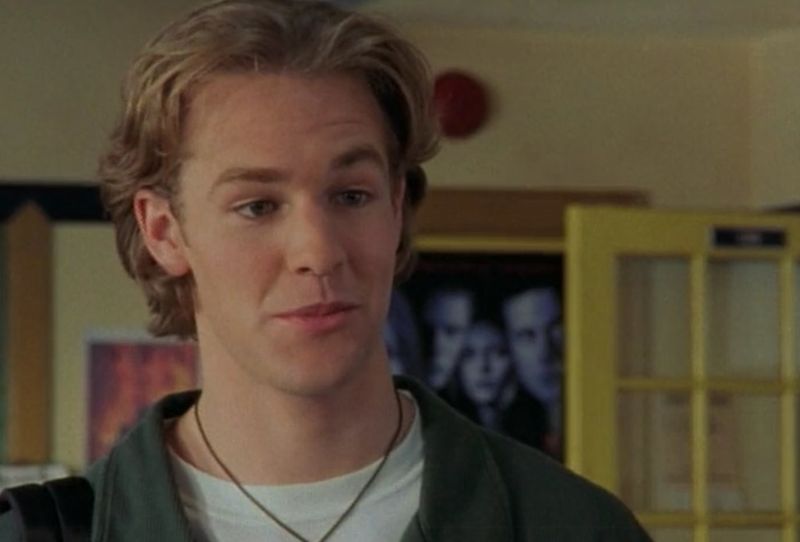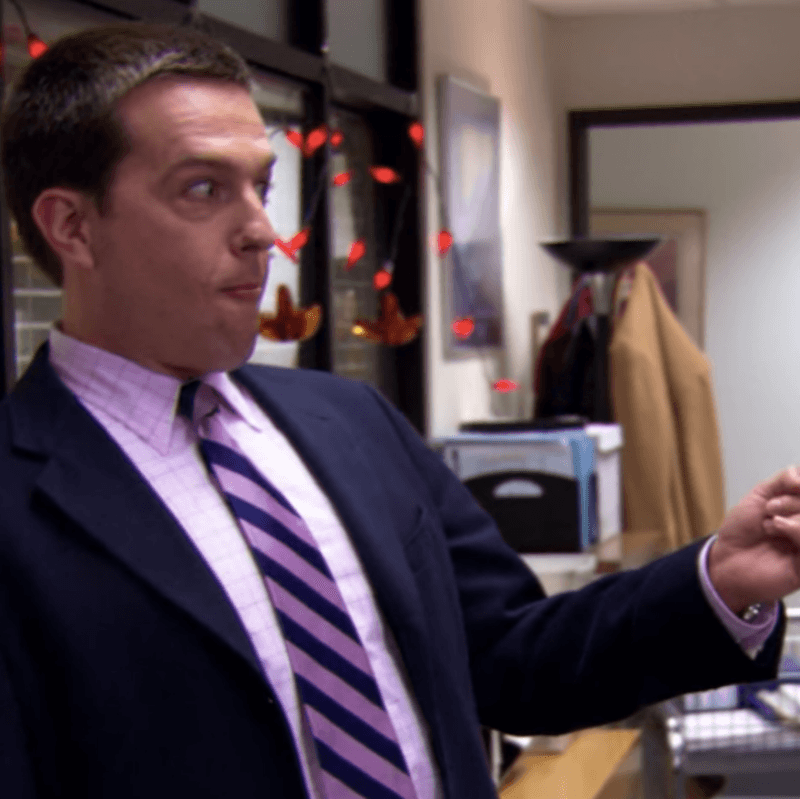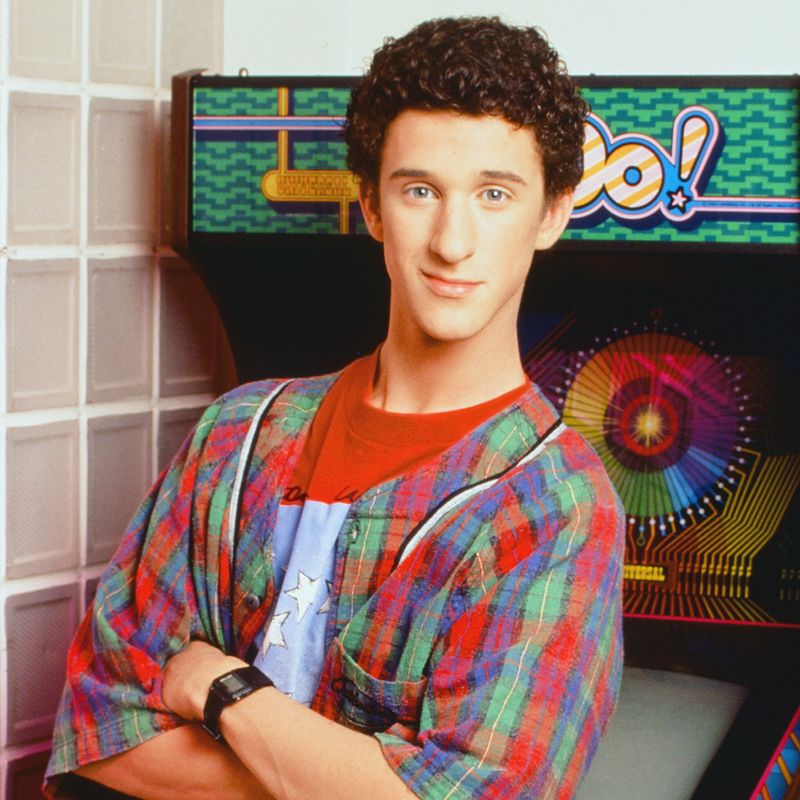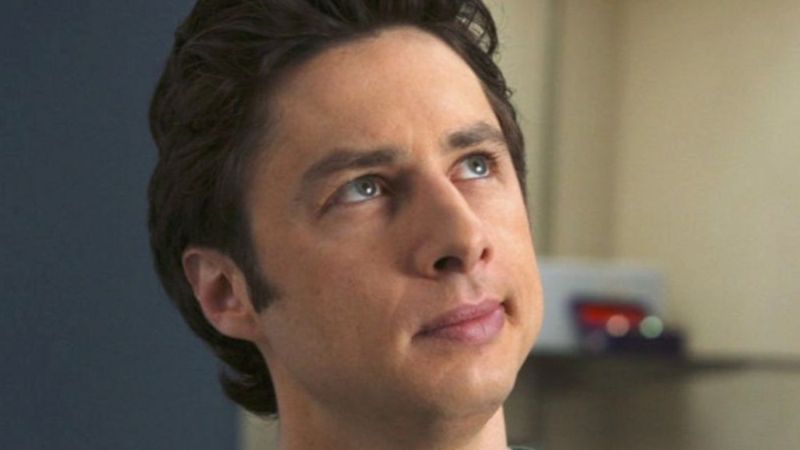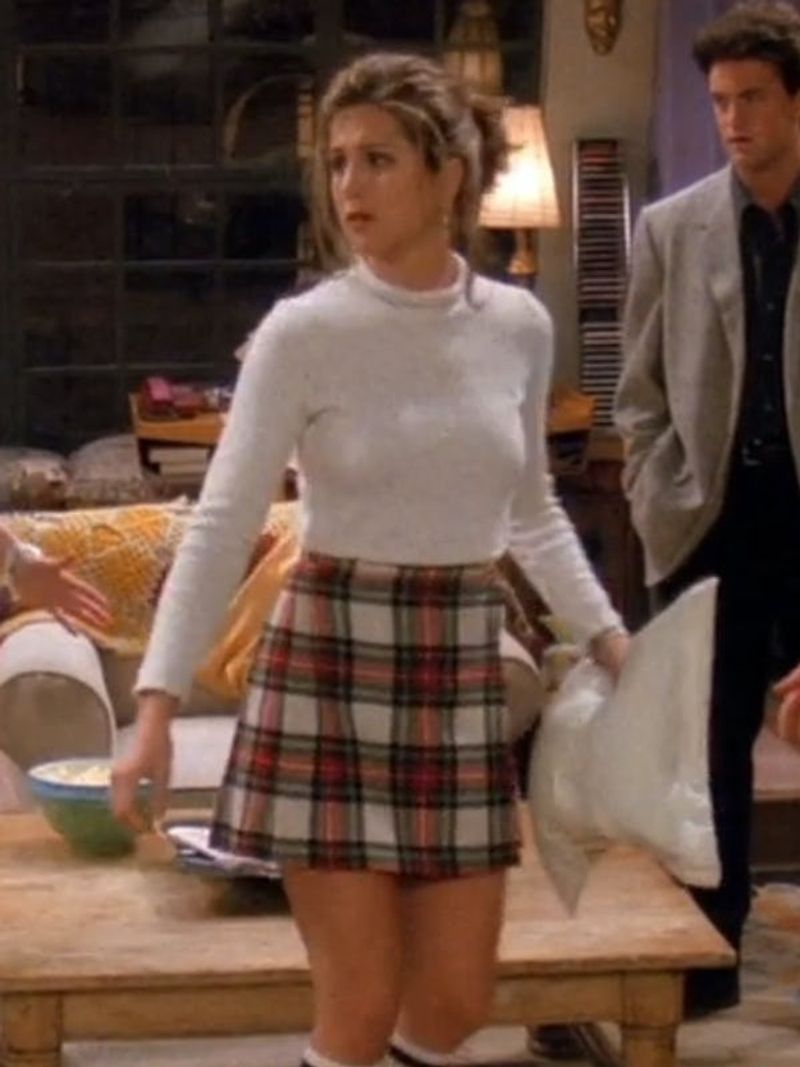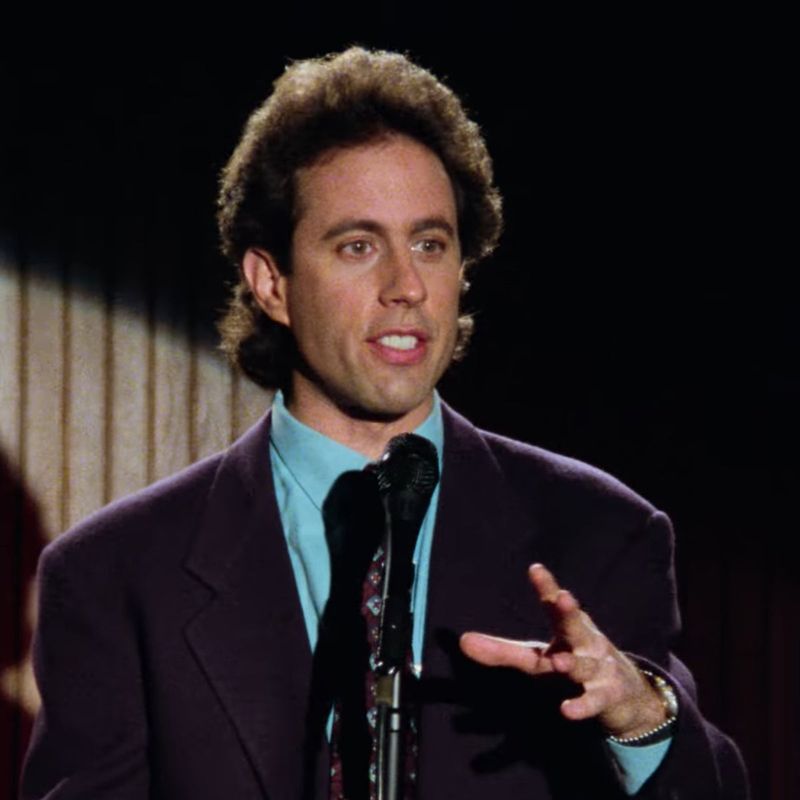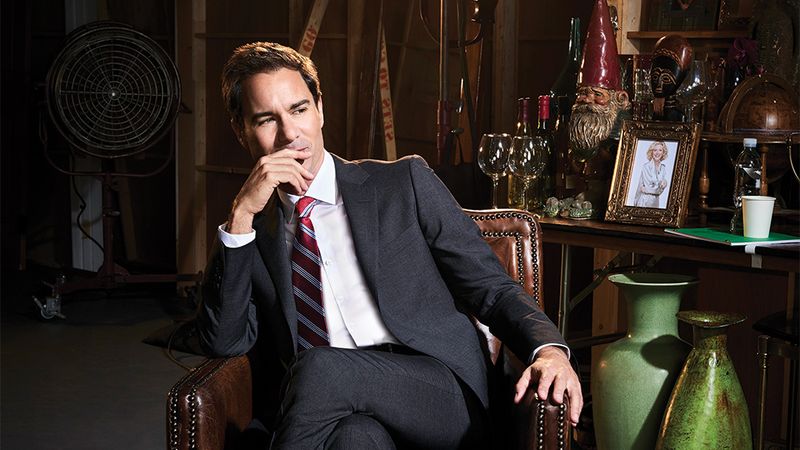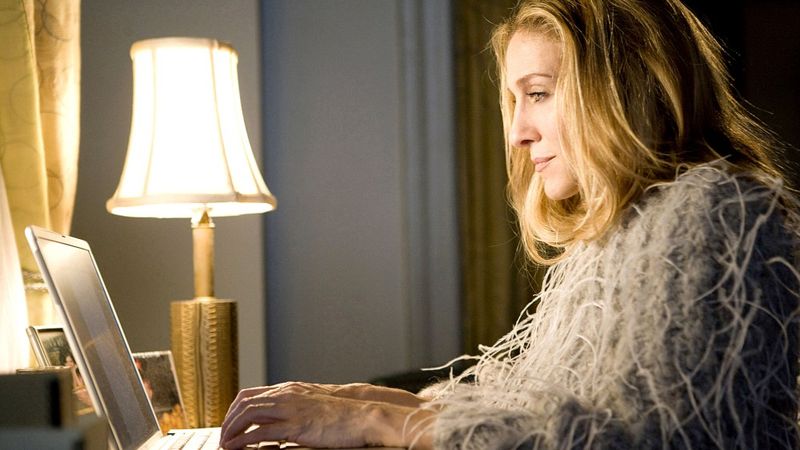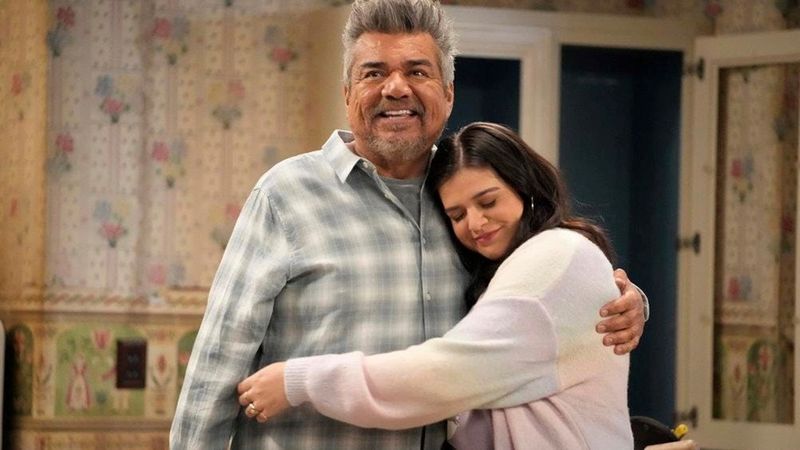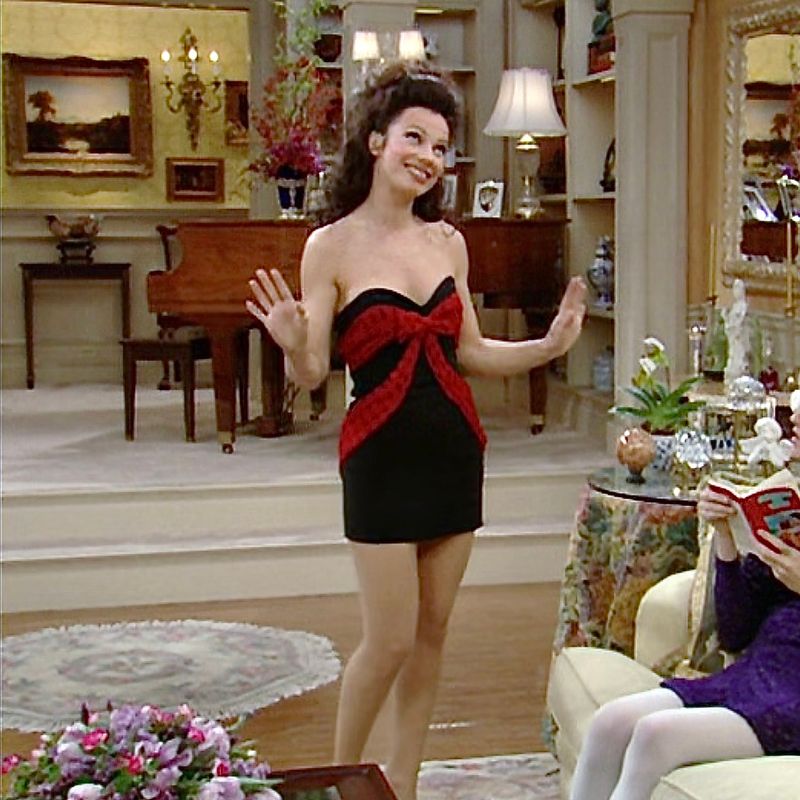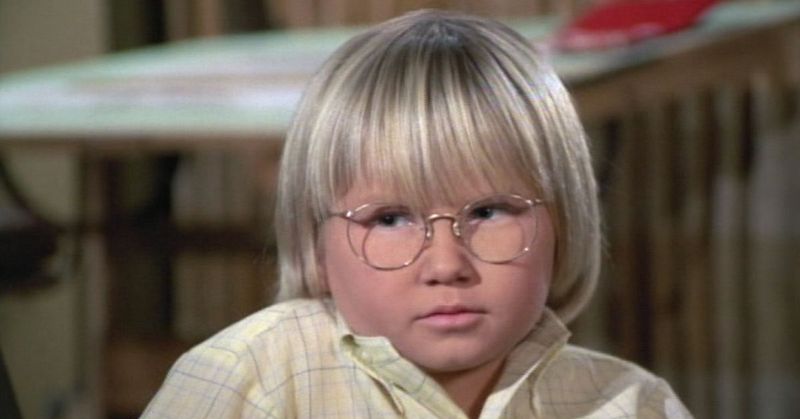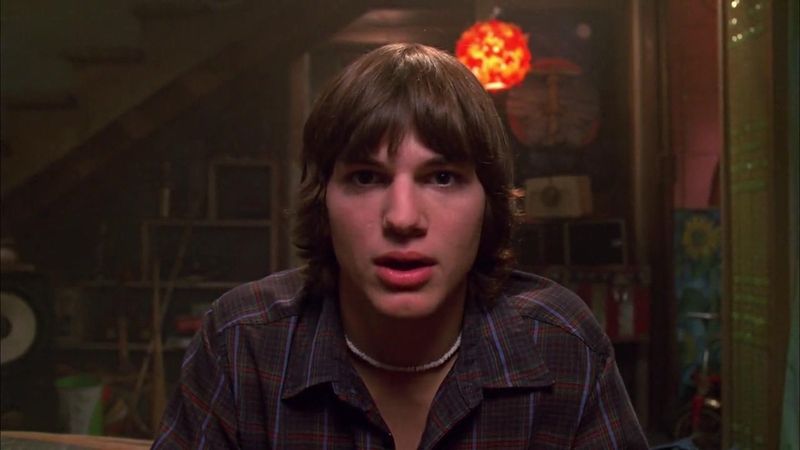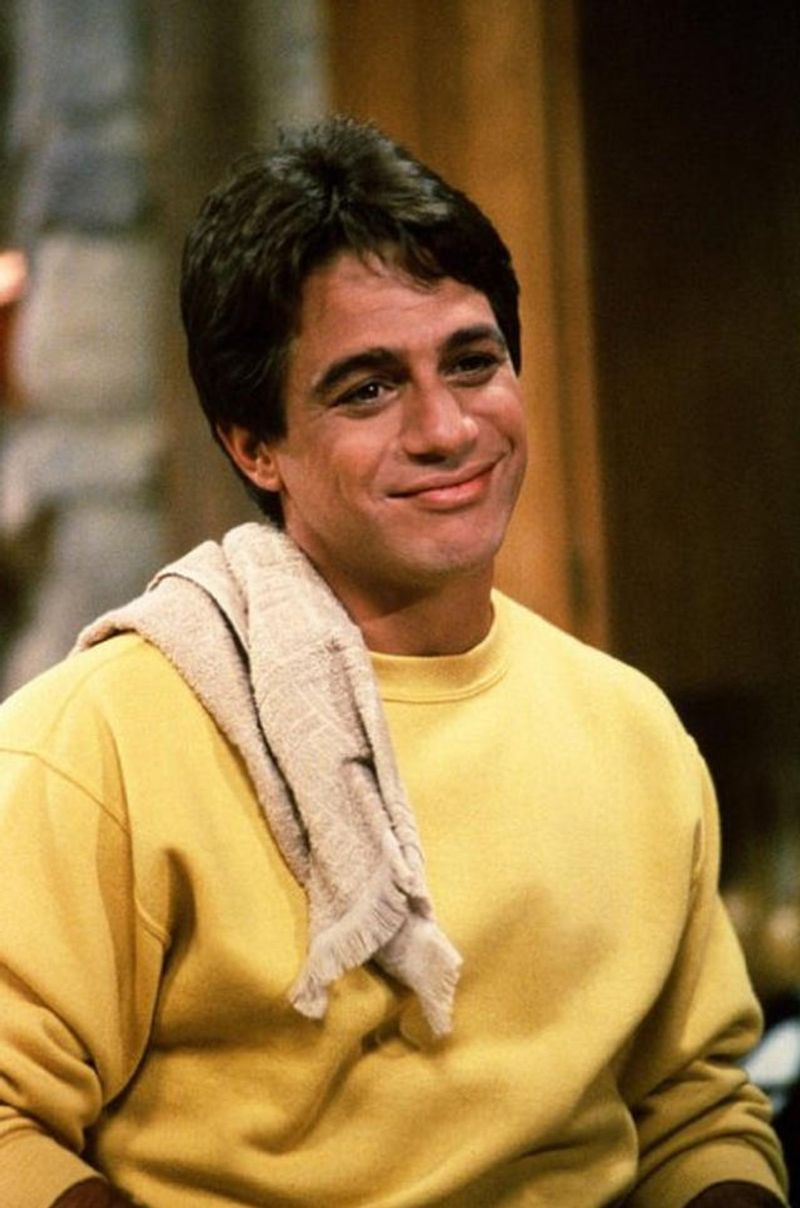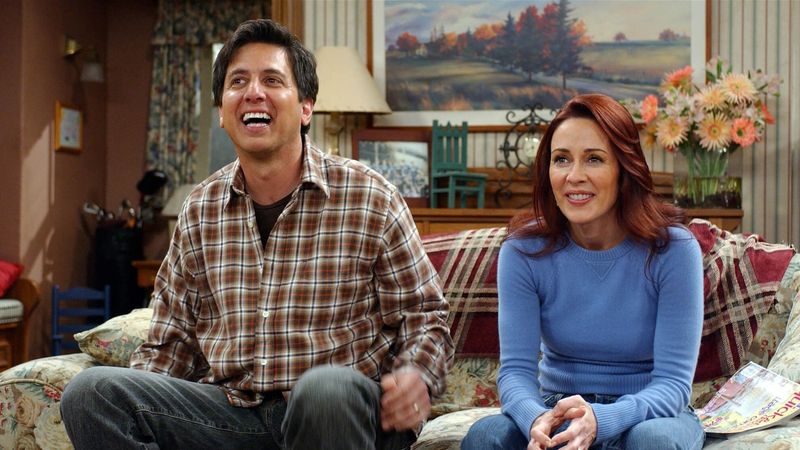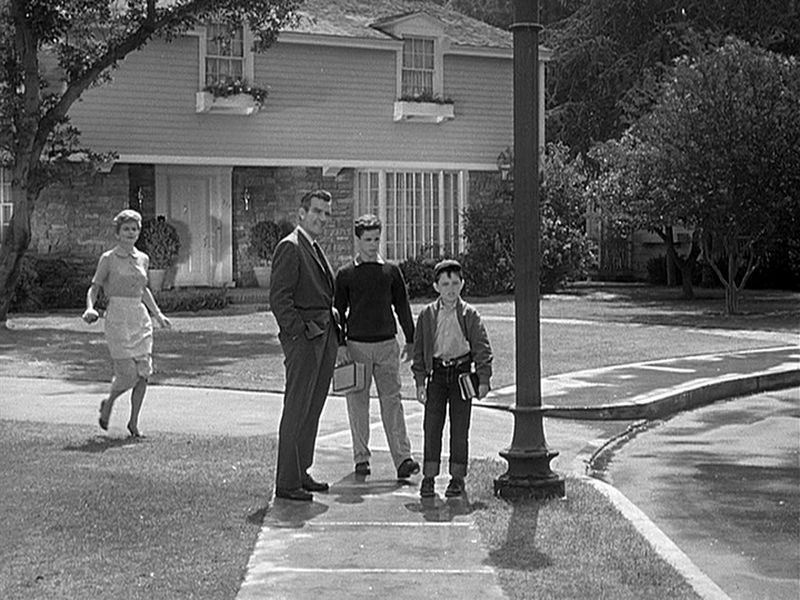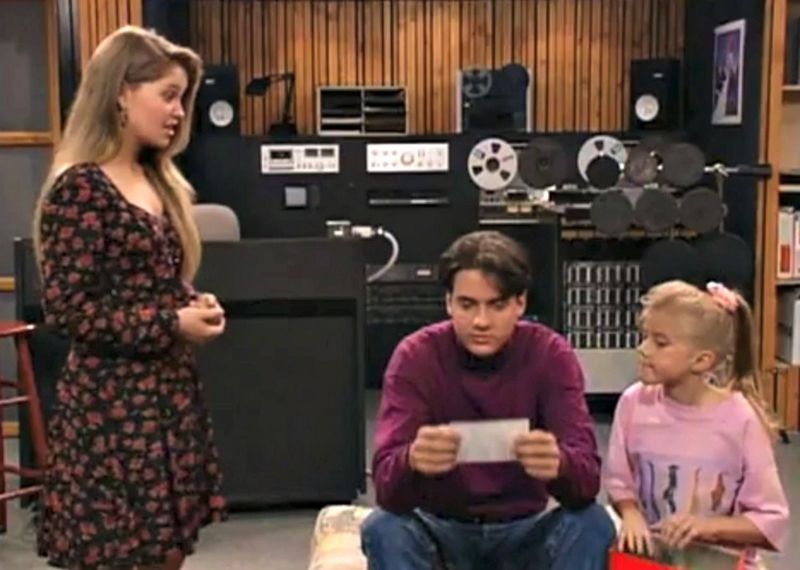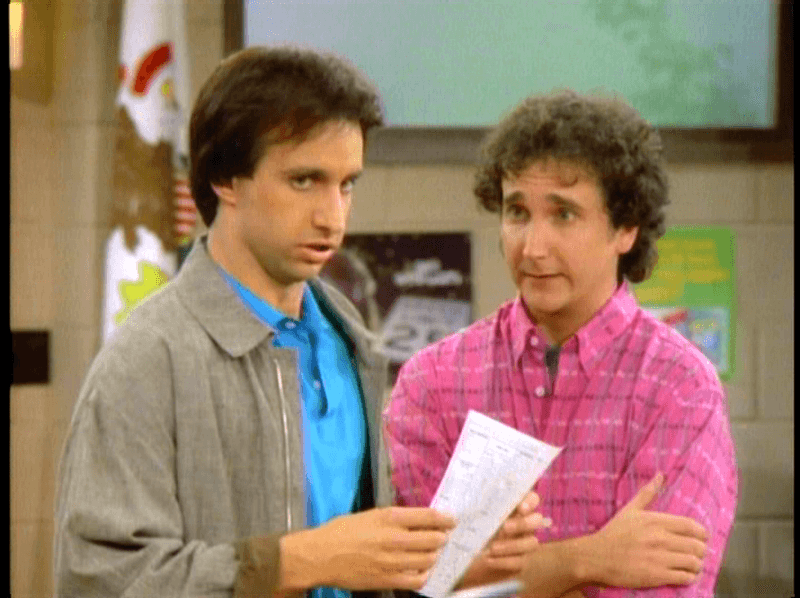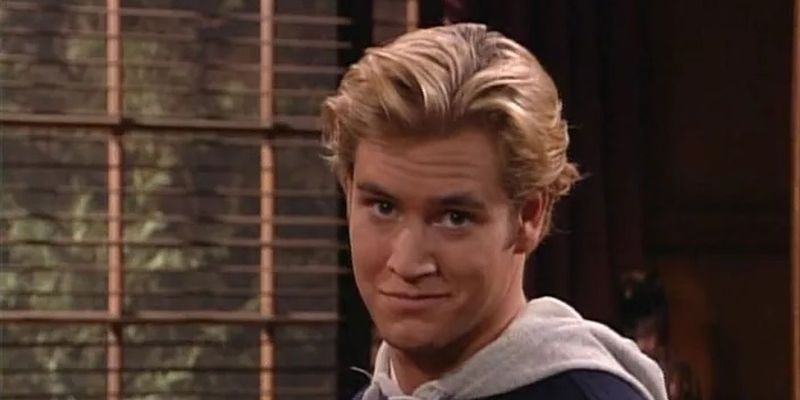In the world of classic sitcoms, main characters often drive the storylines and keep audiences entertained. However, not all protagonists are beloved by fans. Some characters, despite being central to their shows, manage to frustrate or alienate viewers with their quirks, flaws, or tiresome arcs.
This list explores 20 such main characters from iconic sitcoms, examining what makes them the most exasperating leads in television history. From perpetual whiners to self-centered divas, these characters have sparked debates among fans and critics alike. Join us as we delve into the traits that make these protagonists the worst in classic sitcoms.
1. Ross Geller – Friends
Ross Geller, the once-charming paleontologist from “Friends,” often leaves fans divided. His whiny nature and possessive tendencies become apparent as the series progresses. Known for his tumultuous romantic entanglements, Ross’s jealousy often overshadows his initially endearing quirks. As one of the six central friends, his neurotic behavior and tendency to over-analyze every situation can be exhausting. Yet, it’s his on-again, off-again relationship with Rachel that really frustrates viewers, drawing out tension across multiple seasons. Ultimately, Ross’s character feels more like a cautionary tale of what happens when you can’t let go. Despite his faults, some fans still find his awkward charm appealing.
2. Ted Mosby – How I Met Your Mother
Ted Mosby, the protagonist of “How I Met Your Mother,” presents a perplexing mix of charm and irksomeness. Enthralled by romance, Ted often waxes poetic about love, but his self-absorbed nature can be off-putting. His quest for ‘the one’ drives the series, yet his pretentious demeanor frequently alienates those around him. Often lost in his own ideals, Ted’s inability to see beyond his own desires becomes a recurring theme. Fans are split on whether his romantic pursuits are endearing or simply tiresome. Regardless, Ted’s journey through love and life remains a central, if contentious, part of the show’s charm.
3. Dawson Leery – Dawson’s Creek
Dawson Leery, the earnest teen from “Dawson’s Creek,” often sacrifices relatability for melodrama. His deep love for film and storytelling doesn’t mask his tendency to be self-righteous and overly dramatic. Whether navigating friendships or romantic entanglements, Dawson frequently places his own ideals above others’ feelings, often leading to conflict. Despite his earnest attempts at understanding life’s complexities, his lack of self-awareness can be frustrating. His grandiose approach to seemingly simple situations leaves viewers torn between empathy and exasperation. Dawson’s journey, though filled with heartfelt moments, often feels bogged down by his overbearing introspection.
4. Andy Bernard – The Office
Andy Bernard, The “Nard Dog” from “The Office,” starts as a quirky addition but soon devolves into erratic chaos. His early appearances, marked by musical interludes and a desire for approval, initially add charm. However, as Andy ascends to management, his need for validation and unpredictable outbursts strain viewer patience. His transformation from endearing to insufferable is a journey that many fans find jarring. The character’s descent into self-obsession and erratic behavior detracts from the ensemble dynamic. Despite his musical talents, Andy’s spiraling antics often overshadow his more positive contributions to the office’s eccentric tapestry.
5. Screech Powers – Saved by the Bell
Screech Powers, the quintessential nerd from “Saved by the Bell,” initially serves as comic relief but gradually loses appeal. His over-the-top antics and lack of depth become tiring. While Screech’s intelligence and loyalty shine through, his frequent misadventures often detract from the show’s core friendships. As the series progresses, his failure to mature or develop meaningful relationships leaves him flat and uninteresting. Despite his comedic intentions, Screech’s character lacks the growth needed to remain engaging over time. Instead, he often feels like an exaggerated caricature, stuck in perpetual adolescence, failing to resonate with audiences on a deeper level.
6. J.D. – Scrubs
J.D., the central figure in “Scrubs,” oscillates between lovable and loathsome. As the series’ narrator, his immaturity and self-centered tendencies often overshadow his medical talents. His daydreams, while innovative, frequently disrupt the narrative, leaving viewers to question his professionalism. Despite his dedication to medicine, J.D.’s inability to consistently act with maturity wears thin. His relationships, both personal and professional, suffer from his reluctance to grow up. While humor and heart are hallmarks of J.D.’s journey, his penchant for childishness becomes a recurring point of contention. His journey is one of both healing and hindrance, marked by personal battles.
7. Rachel Green – Friends
Rachel Green from “Friends” epitomizes the quintessential city girl with dreams and drama. Her journey from waitress to fashion executive showcases ambition, yet her entitlement often grates. Her on-again, off-again relationship with Ross is a focal point, frustrating viewers with its cyclical nature. Rachel’s self-absorbed tendencies and occasional lack of consideration for friends’ feelings create tension. Her fashion sense and charm do shine, providing moments of levity and relatability. However, her character’s growth often feels overshadowed by repeated romantic entanglements, leaving fans torn between admiration and irritation. Despite these flaws, Rachel’s journey remains captivating.
8. Jerry Seinfeld – Seinfeld
Jerry Seinfeld, the protagonist of “Seinfeld,” is intentionally aloof and self-serving, embodying the show’s mantra of ‘no hugging, no learning.’ His detachment and selfishness are staples of his comedic style, yet they can be off-putting. Jerry’s refusal to emotionally evolve stands as a central theme, often leading to humor yet frustrating viewers seeking depth. His relationships, marked by superficiality, often end abruptly due to trivial reasons. While his wit and humor are undeniable, Jerry’s character frequently feels static and emotionally distant. This intentional design, while part of the show’s charm, can leave audiences craving more substance.
9. Will Truman – Will & Grace
Will Truman, from “Will & Grace,” is polished, witty, and often overly critical. His penchant for control and perfectionism sometimes alienates those around him, creating tension in his otherwise vibrant friendships. Will’s discerning nature, while often humorous, occasionally borders on judgmental, overshadowing his caring side. His relationship with Grace, central to the show, is marked by both camaraderie and conflict. Despite his professional success, Will’s personal life is a testament to his struggle with vulnerability and acceptance. Though his character’s complexity adds depth to the series, his uptight demeanor can occasionally detract from its otherwise joyous atmosphere.
10. Carrie Bradshaw – Sex and the City
Carrie Bradshaw, the iconic columnist from “Sex and the City,” is synonymous with fashion and flawed relationships. Her love for shoes and city life is palpable, yet her narcissism and poor decisions often lead to turmoil. Carrie’s treatment of friends and partners, laced with self-interest, frequently causes friction. Her romantic escapades, while central to the series, often highlight her indecisiveness and emotional struggles. Despite her captivating storytelling and sense of style, Carrie’s character often feels mired in self-inflicted drama. Her journey through love and friendship, though entertaining, often leaves viewers questioning her priorities.
11. George Lopez – George Lopez Show
George Lopez, the titular character of his self-named sitcom, blends sarcasm with familial chaos. His quick wit and humor are both his greatest assets and flaws. Often using humor as a shield, George’s sarcastic demeanor can sometimes overshadow his caring nature. His interactions, particularly with family, are marked by teasing and occasional insensitivity, creating a dynamic both amusing and contentious. While his antics bring laughter, they also highlight underlying insecurities and familial tensions. George’s character, though steeped in reality, often treads the line between relatable and abrasive, offering a comedic yet complex portrayal of family life.
12. Fran Fine – The Nanny
Fran Fine, the vibrant nanny from “The Nanny,” is known for her humor and distinctive voice. Her over-the-top personality and dramatic flair often lead to comedic situations, though not always to everyone’s taste. Fran’s charm lies in her ability to bring warmth to the Sheffield household, yet her antics can be polarizing. Her loud, unabashed approach to life is both her strength and her Achilles’ heel. While Fran’s fashion sense and humor are endearing, her tendency to escalate situations with theatrics can sometimes overshadow her genuine care for those around her. Her journey reflects both growth and flamboyance.
13. Annoying Cousin Oliver – The Brady Bunch
Cousin Oliver, the late addition to “The Brady Bunch,” is often seen as a desperate attempt to rejuvenate the series. Introduced as a cute, albeit annoying, young cousin, Oliver’s presence is widely critiqued. His antics, meant to add charm, frequently disrupt the established family dynamic, leaving viewers unimpressed. Oliver’s character often feels like an afterthought, lacking the depth needed to integrate smoothly with the main cast. Though his innocence and youthful energy are apparent, they do little to mask the contrived nature of his introduction. For many fans, Oliver epitomizes the pitfalls of late-series character additions.
14. Michael Kelso – That ’70s Show
Michael Kelso, the lovable dolt from “That ’70s Show,” is both endearing and exasperating. His goofy charm and good looks make him a fan favorite, yet his idiocy often leads to trouble. Kelso’s lack of common sense frequently lands him in absurd situations, providing comic relief but little else. While his antics are amusing, they often hinder his personal growth and relationships. Despite his heart of gold, his actions can be frustratingly reckless. His role as the group’s clown underscores a larger narrative of teenage folly, leaving fans to both laugh and sigh at his outrageous exploits.
15. Tony Micelli – Who’s the Boss?
Tony Micelli from “Who’s the Boss?” is both endearing and overbearing. As a housekeeper and father, his intentions are always well-meaning, though sometimes intrusive. Tony’s desire to protect and manage his family often leads to comedic yet overstepping situations. His charm and warmth are undeniable, infusing the show with heart, yet his inability to let go can be tiresome. His interactions, often filled with love, occasionally border on smothering, creating tension amidst laughter. Tony’s journey is one of balancing love and independence, offering a portrayal of family dynamics steeped in humor and occasional exasperation.
16. Ray Barone – Everybody Loves Raymond
Ray Barone, the everyman from “Everybody Loves Raymond,” is as perplexed as he is passive. His inability to make decisions often leaves him at the mercy of his overbearing family. While his comedic timing is impeccable, his indecisiveness can be exasperating. Ray’s relationships, particularly with his wife and parents, highlight his struggle to assert himself. His laid-back nature, while relatable, frequently results in misunderstandings and frustration. Despite his flaws, Ray’s character embodies the trials of familial life with humor and heart. His journey offers a comedic yet poignant exploration of modern family dynamics.
17. Beaver Cleaver – Leave It to Beaver
Beaver Cleaver, the iconic character from “Leave It to Beaver,” is both charming and overly idealized. His adventures in 1950s suburbia are filled with innocence, yet his character often lacks complexity. While meant to be lovable, Beaver’s portrayal as the quintessential good kid can feel unrealistic. His interactions are steeped in the era’s ideals, presenting a sanitized view of childhood. Though his curiosity and good nature are evident, his lack of depth can leave modern audiences yearning for more nuanced storytelling. Beaver’s journey, while nostalgic, sometimes feels like a relic of a bygone era, lacking contemporary resonance.
18. D.J. Tanner – Full House
D.J. Tanner, the eldest Tanner sibling in “Full House,” navigates adolescence with a mix of charm and challenge. Initially the quintessential good kid, D.J.’s self-righteous tendencies grow as the series progresses. Her role as the responsible one often leads to conflicts and judgments towards her sisters and friends. While her intentions are often noble, her delivery can come across as preachy. Her journey through teenage trials is relatable, yet occasionally overshadowed by her moral rigidity. Despite these flaws, D.J.’s character remains a symbol of familial love and responsibility, capturing the complexities of growing up in a bustling household.
19. Larry Appleton – Perfect Strangers
Larry Appleton, the uptight Midwesterner from “Perfect Strangers,” exemplifies neurotic charm. His constant worrying and need for order often lead to comedic conflicts with his carefree cousin, Balki. Larry’s rigidity and penchant for overthinking make him both relatable and exasperating. While his intentions are generally good, his inability to embrace spontaneity creates tension. His journey often involves learning to let go, though his uptight nature frequently resurfaces. Despite these challenges, Larry’s character provides a humorous lens on cultural clashes and personal growth. His interactions with Balki highlight the balance between chaos and order, offering comedic yet heartfelt moments.
20. Zack Morris – Saved by the Bell
Zack Morris, the charismatic lead of “Saved by the Bell,” is both charming and troublesome. His knack for schemes and manipulation, though entertaining, often leaves his friends in predicaments. Zack’s self-serving nature, masked by his charm, frequently results in moral quandaries. His leadership among peers highlights his intelligence, yet his actions sometimes lack consideration. Despite his flaws, Zack’s character embodies the quintessential teen experience, full of mischief and growth. His journey is one of learning responsibility and empathy, though often overshadowed by his antics. Zack remains a beloved yet polarizing figure in teen sitcom lore.
